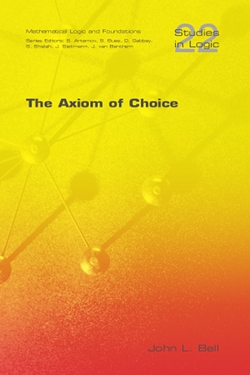 | The Axiom of Choice
John L. Bell
This book presents an overview of the development of the
Axiom of Choice since its introduction by Zermelo at the
beginning of the last century. The book surveys the Axiom of
Choice from three perspectives. The first, or mathematical
perspective, is that of the “working mathematician”. This
perspective brings into view the manifold applications of the
Axiom of Choice—usually in the guise of Zorn`s Lemma— in a
great variety of areas of mathematics. The second,
foundational, perspective is that of the logician or
constructive mathematician concerned with the foundational
status of the Axiom of Choice. The third, topos-theoretical,
perspective is that taken by the mathematician or logician
investigating the role of the Axiom of Choice in topos theory.
Certain topics—for instance mathematical applications of the
Axiom, and its relationship with logic—are discussed in
considerable detail. Others—notably the consistency and
independence of the Axiom of the usual systems of set
theory—are given no more than summary treatment, the
justification here being that these topics have been given full
expositions elsewhere.
It is hoped that the book will be of interest to logicians and
mathematicians, both professional and prospective.
23 November 2009
978-1-904987-54-3
Buy from Amazon: UK US
Review
|

